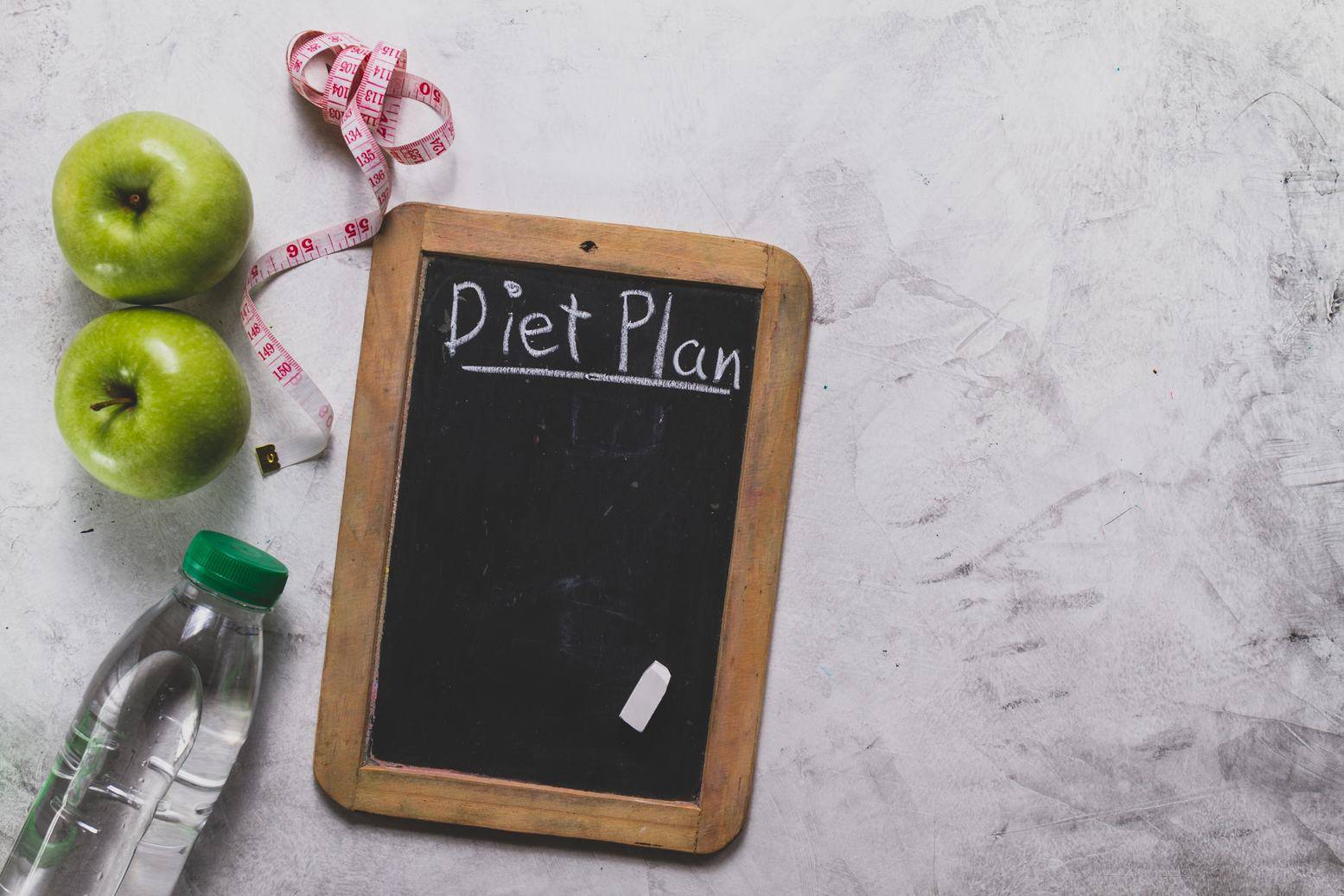
Nutrition and Healthy Lifestyle for a Sportsperson
The ongoing Covid-19 pandemic has drastically changed the way we look at our fitness and the means of achieving our desired results. While working out has always been a priority, the importance of a healthy lifestyle and nutritious diet can not be neglected. Although there is no standard diet that can be beneficial to one and all, we can always improve on our existing food habits and lifestyle.
What is Sports Nutrition?
Sports nutrition is nothing but the right form of intake that will optimize the athletic performance of a person. This concept emerged in the early 1940s among bodybuilders as a way for them to gain the right kind of nutrients in the handiest form possible. Slowly, it gained recognition among people from all walks of life as a way to fuse an invigorating diet into their lives. However, the kind of nutrients that will benefit a person depends on their need, profession, and goals. For example, a professional tennis player usually needs plenty of carbohydrates for refueling; on the other hand, a professional bodybuilder needs a balance of proteins, carbohydrates, and fats in their diet. The right kind of nutrients can improve performance, keep athletes hydrated for long, and raise their recovery rate.
Nutrition and a Healthy Lifestyle
Consuming the right nutrients is the first step to a healthy lifestyle. Not only sports enthusiasts, but everyone needs a diet plan that can help them push their limits for good. A fulfilling diet clubbed with physical activity can help in reducing the chances of chronic disease, achieving a healthy body, and leading an active life. As far as athletes are concerned, making the right food choices becomes all the more necessary because they need more calories compared to an average adult.
Not only is the type of nutrients a significant factor, but the number of times we eat in a day also matters. Now, this depends upon the calories we burn, the kind of workout we follow, and the sport we play. For a sports person, the meals consumed before and after a session are the most important meals of the day. Ideally, athletes should eat two hours before their workout.
Impact of a Well-Planned Diet on an Athlete’s Health
A nourishing diet can enhance an athlete’s performance, make them more efficient, and increase their recovery rate during a match rapidly. The intake they follow should promote muscle growth and repair.
An inadequate diet can hamper their performance and lead to an increased recovery rate. It can also lead to hormone suppression because sports generate a lot of stress hormones, and encourage your body to release energy stores.
What Does a Fulfilling Meal Include?
Requirements of every person vary based on their body type, physical activities, and calories burned in a day. The general rule is to replace the number of calories burned and provide sufficient fuel for the body to function. On an average basis, a person needs 1,500 – 2,000 calories in a day, but athletes should consume 500 to 1,000 additional calories, attributing to their demanding profession.
A balanced diet should include all the essential nutrients that are required for everyday activities. These nutrients are:
Carbohydrates – These are considered to be the most significant source of calories in your meal. There are mainly two types of carbs; simple and starchy/complex sugars. Milk products, fruits, and vegetables are a good source of simple sugars. These can be used to provide instant energy to the body since they are easier to break down. Complex sugars can be found in grains like rice, bread, pasta, and white flour. But processed, refined grains like white flour are not recommended as they remove fiber and nutrients.
Fats – Fats are an essential part of any meal. They are required to absorb nutrients and act as a critical fuel for your body. But excessive fat consumption can be harmful as the body needs to work harder to burn fats compared to carbs, and it tends to make you slow. There are mainly two types of fats: Saturated and Unsaturated fats. Animal products and processed food is a rich source of saturated fats, whereas olives, nuts, and avocados provide unsaturated fats. Nutritionists advise the consumption of unsaturated fats, as they are heart-healthy.
Proteins – Proteins are essential for cell repair and building of tissues. It is also required to create enzymes, hormones, and other chemicals in the body. Ideally, they should make up for 10-15% of your daily calorie consumption. Meat, fish, eggs, pulses, nuts, seeds, and soy products are a rich source for proteins.
Dangers of following a rigid diet plan
Strict diet plans can have adverse effects on athletes’ bodies. Since they need a diet rich in all forms of nutrients, a restrictive diet can damage their health. A rigid diet plan can also lead to eating disorders, produce severe stress on our bodies, and become an obsession for many. In the chase to eat healthily, we might end up avoiding the nutritious food needed for our growth.
Instead of following a diet plan, one can always set a balance between calorie intake and physical activity for the desired outcome. It is a much healthier and safe practice since your body will receive all the nutrients it demands.
Staying healthy is the goal, not meeting the societal standards! Following a diet that works for you and benefits you the most is the final objective. Always listen to your body; it will show you the right path.
At Sports School, we understand the importance of healthy eating habits and a good lifestyle for a sportsperson to perform at their best. We have partnered with nutrition experts who regularly monitor and provide diet plans for our students as per their activity level to ensure that they consume the right amount of nutrients and fluids for all-round nourishment and scale up their performance.





























